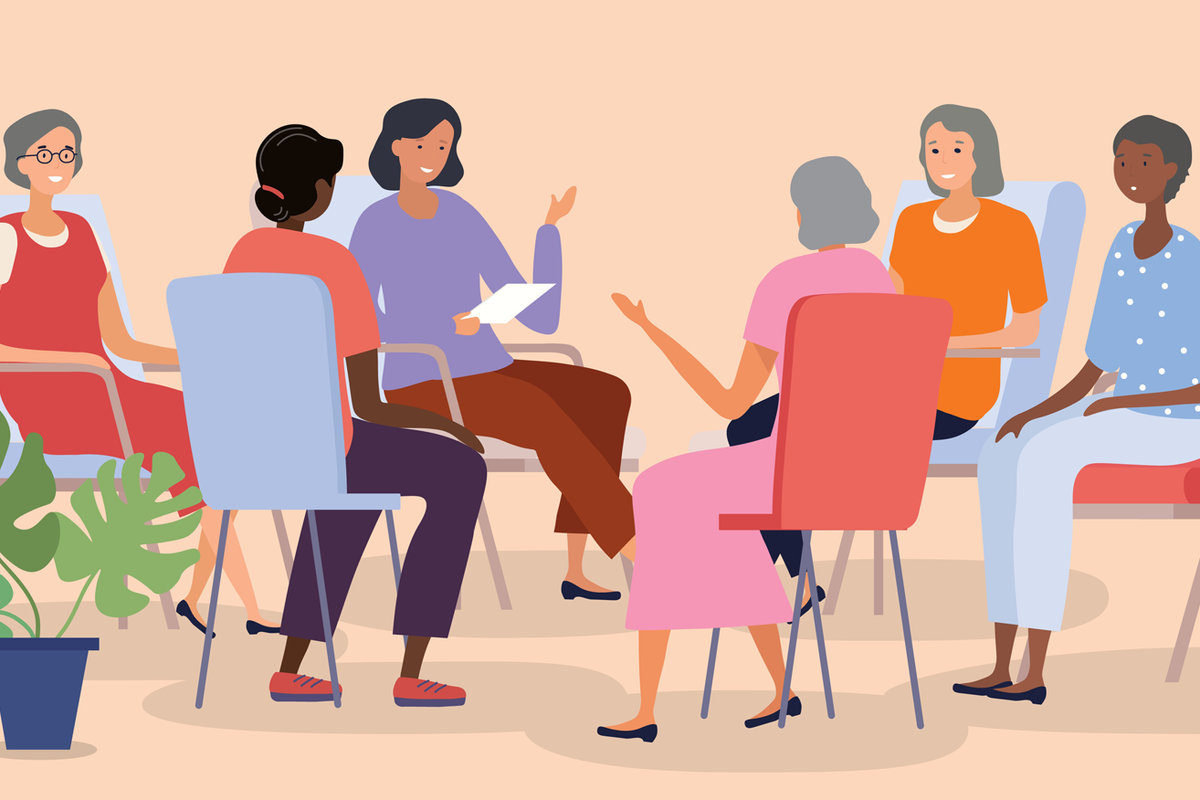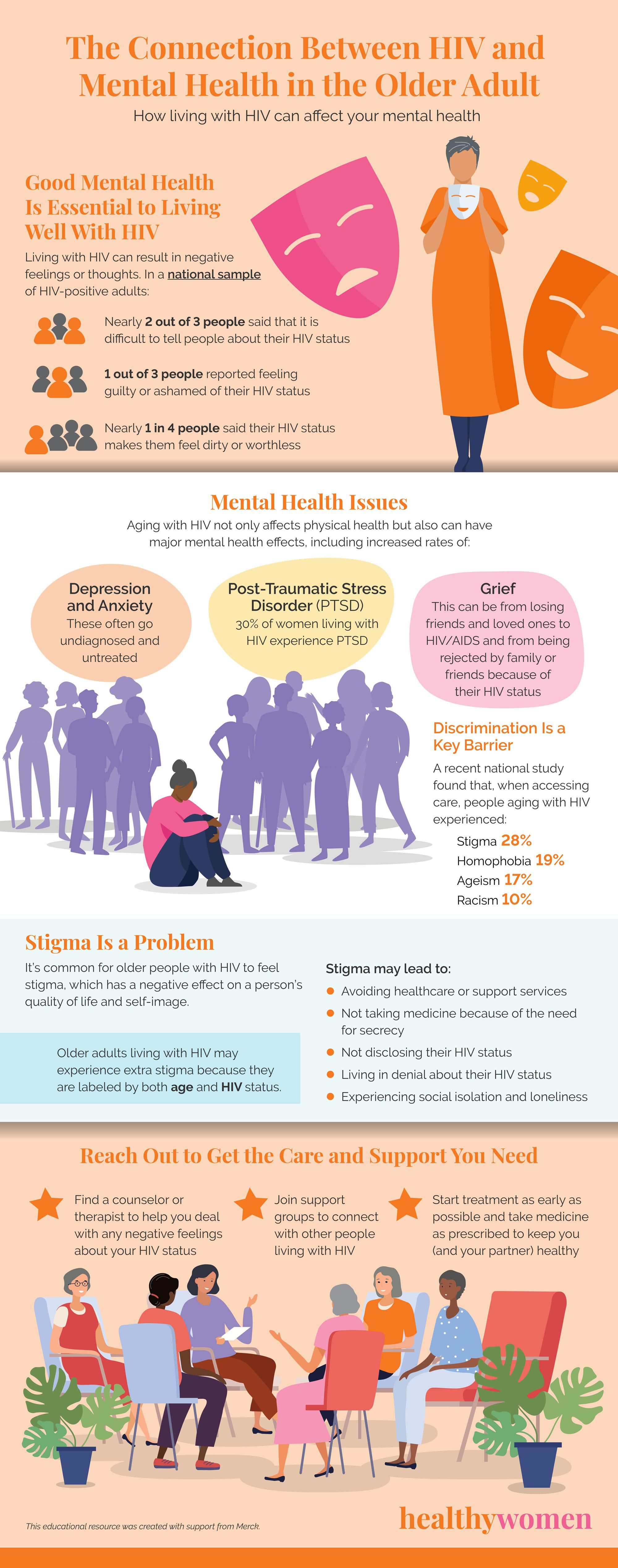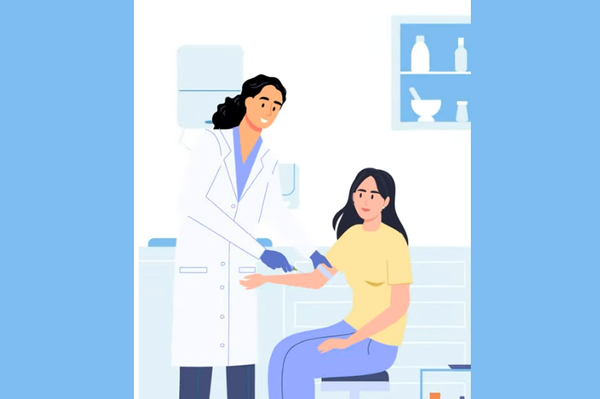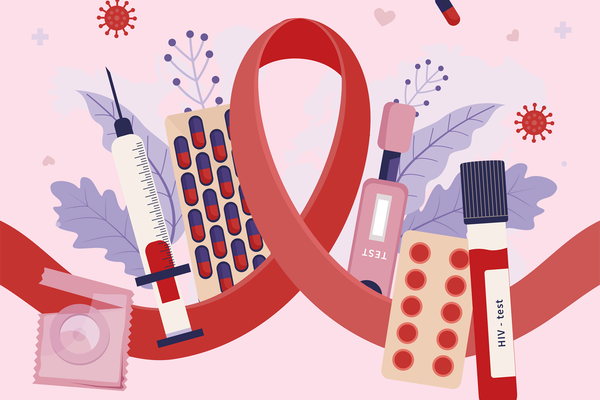Good Mental Health Is Essential to Living Well With HIV
Living with HIV can result in negative feelings or thoughts. In a national sample of HIV-positive adults:
- Nearly 2 out of 3 people said that it is difficult to tell people about their HIV status
- 1 out of 3 people reported feeling guilty or ashamed of their HIV status
- Nearly 1 in 4 people said their HIV status makes them feel dirty or worthless
Mental Health Issues
Aging with HIV not only affects physical health but also can have major mental health effects, including increased rates of:
- Depression and anxiety, which often go undiagnosed and untreated
- Post-traumatic stress disorder (PTSD) — 30% of women living with HIV experience PTSD
- Grief from losing friends and loved ones to HIV/AIDS and from being rejected by family or friends because of their HIV status
Discrimination is a key barrier to accessing care. In a recent national study, people aging with HIV experienced stigma (28%), homophobia (19%), ageism (17%) and racism (10%) when accessing care.
Stigma Is a Problem
It’s common for older people with HIV to feel stigma, which has a negative effect on a person’s quality of life and self-image.
Stigma may lead to:
· Avoiding healthcare or support services
· Not taking medicine because of the need for secrecy
· Not disclosing their HIV status
· Living in denial about their HIV status
· Experiencing social isolation and loneliness
Older adults living with HIV may experience extra stigma because they are labeled by both age and HIV status.
Reach out to get the care and support you need
- Find a counselor or therapist to help you deal with any negative feelings about your HIV status
- Join support groups to connect with other people living with HIV
- Start treatment as early as possible and take medicine as prescribed to keep you (and your partner) healthy
This educational resource was created with support from Merck.
- How HIV Affects Menopause and Menopause Affects HIV ›
- Growing Older with HIV ›
- When Grandma Has HIV - HealthyWomen ›
- It May Come as a Surprise, but Older Women Get HIV, Too ... ›
- Your Guide to HIV & Aging - HealthyWomen ›
- From Shame to Advocacy: My Decades-Long Journey Living — and Thriving — With HIV - HealthyWomen ›






